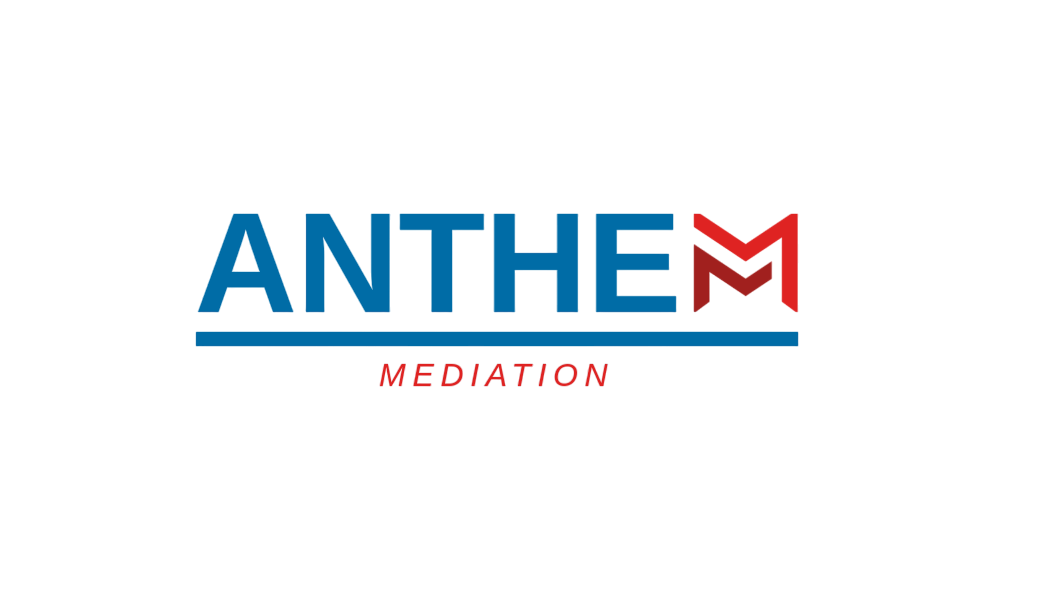For most disputing parties, mediation wins hands-down. It saves money and time, cuts down stress, keeps the matter confidential, and even helps preserve relationships. Here are the biggest reasons why choosing mediation over a court battle is usually a smart move:
Lower Cost and Faster Resolution
Going to court can be very expensive. Every step—hiring attorneys, filing paperwork, collecting evidence, and appearing at hearings—adds legal fees and court costs. Those bills can climb into the tens or hundreds of thousands of dollars. By comparison, mediation is inexpensive. Most mediations finish in a single day or just a few sessions, so you pay far less in lawyer time and fees. For example, settling a contract dispute in court might take two years of legal battles, but in mediation it often settles in a day or a few weeks instead. This quick wrap-up means far fewer legal bills.
Even big companies feel this difference. They might have deeper pockets, but no one wants the unpredictable costs of a drawn-out trial. For someone on a tight budget, the savings are even more striking. Think of a small business or an employee claiming unpaid wages: paying for a single mediation session might cost a few thousand dollars, whereas a full lawsuit could eat up your nest egg. In short, mediation cuts down on fees and paperwork. Often, the cost savings alone make mediation the clear winner.
Less Stress and Greater Control
Court is a battlefield. Each side gears up for a fight, witnesses are examined under pressure, and a judge or jury ultimately delivers a win-or-lose verdict. That adversarial setup can be extremely stressful. By contrast, mediation is much more cooperative. You still make a strong case for yourself, but you do it in a calm conference room (or even by video). There’s no gavel banging, no judge raising an eyebrow, and no public gallery watching you argue.
In mediation you have the chance to speak freely and hear the other side. The mediator keeps the conversation civil. If tensions rise, the mediator can pause the joint session or meet privately with each side (in a separate room) to cool off. You won’t be ambushed by surprise testimony or grilled on the stand. Instead, you can explain your situation in your own words and ask questions about theirs. Many people find this one-on-one, reasoned approach far less frightening than a courtroom.
Perhaps most importantly, mediation puts you in the driver’s seat. In court, a judge or jury – complete strangers to your case – will make the decision and write the outcome. In mediation, you and the other party decide together. This means you can craft a solution that really works for your needs. For instance, an employee might accept a smaller sum of money if the employer agrees to a glowing reference letter or extra training. Or a business dispute might be resolved by allowing one partner to exit a venture gracefully instead of fighting for a share of profits. In mediation, you control the solution, rather than rolling the dice with a judge’s ruling. That sense of control reduces anxiety and often leads to a result both sides can live with.
Flexibility and Creative Solutions
Mediation isn’t bound by legal rules the way a trial is. Flexibility is one of its biggest strengths. You and the other side can work out a process that suits you. For example, you can choose a mediator who specializes in your kind of dispute (like an employment law mediator for a workplace conflict). You can schedule sessions at times that work around your jobs or family life. If you prefer not to speak while the other person is listening, the mediator can talk to you privately and pass messages back and forth. This adaptability makes everyone more comfortable.
Because mediation isn’t rigid, the range of possible solutions is much wider and more creative. A court can usually only award money or order someone to stop doing something. Mediation can go beyond that. Imagine an employee upset about how a project was handled. A judge could only award damages, but in mediation the employer might also agree to pay for a professional certification course for the employee, or to let the employee lead a new initiative to rebuild trust. Two neighbors in a property fight might agree to a shared maintenance plan rather than just splitting the land. Even non-monetary ideas like apologies, letters of recommendation, or future contracts can be on the table. These custom solutions are often more satisfying than a one-size-fits-all court judgment.
Confidential and Private
Privacy is another big plus. Court trials are public – anyone can watch and media reports can turn up in search results. If you’re worried about sensitive details (like personal disputes or trade secrets), court makes that information public record. Mediation, on the other hand, is confidential. What you say in mediation generally stays in that room (or Zoom call) and can’t be used later in court. Mediators usually have everyone sign an agreement to keep things private. That means you can speak candidly and negotiate openly without worrying that transcripts or recordings will leak out.
This confidentiality is especially valuable in employment cases or business disputes. For example, if a high-profile manager sues a company for discrimination and it goes to court, embarrassing details might hit the headlines, harming everyone’s reputation. In mediation, the conversation stays behind closed doors, and the final agreement (if any) is typically not public. Keeping the process private helps you protect your name and your bottom line. It lets you focus on resolving the issue, not on worrying about damaging gossip.
Preserves Relationships
Perhaps the most powerful benefit of mediation is that it saves relationships. By its nature, mediation is collaborative, not combative. You and the other side work together as partners in problem-solving rather than opponents looking to score a knockout blow. This cooperative tone makes it much easier to walk away without hard feelings.
Think about disputes where the parties must continue interacting: coworkers, business partners, or even family members working in the same business. In a lawsuit, even if one side “wins,” the process usually leaves anger and blame behind. In mediation, each side gets to express their needs and grievances in a respectful setting. Both sides give something to reach a middle ground. For example, two colleagues might disagree on workload. Instead of one person getting reprimanded by court, mediation could help them design a fair division of tasks plus a conflict resolution plan for the future. The result is that they can still talk and work together afterward.
Even in cases where no ongoing relationship is expected (like a one-time contract dispute), going through mediation feels better. Parties often say that sitting together and talking felt respectful, whereas court felt dehumanizing. By resolving things personally, both sides usually leave feeling heard.
Summary
In summary, mediation is typically cheaper, faster, and less stressful than going to court. It’s more flexible and creative, and it keeps your dispute private. Best of all, it helps protect your relationship with the other side by turning an adversarial fight into a joint problem-solving session. For most disputes – from workplace conflicts to business disagreements – these advantages make mediation a smart choice over traditional litigation.




